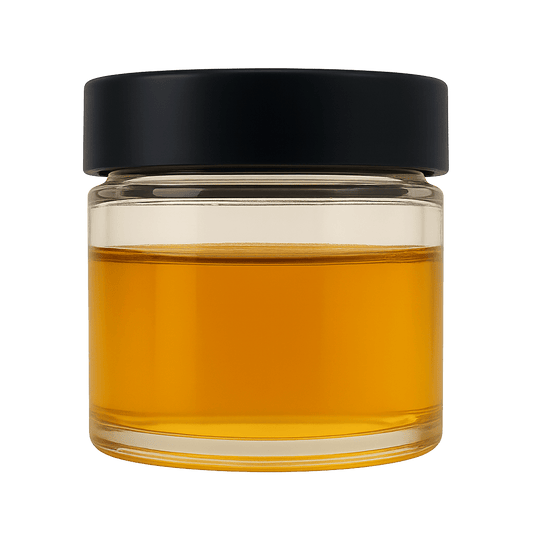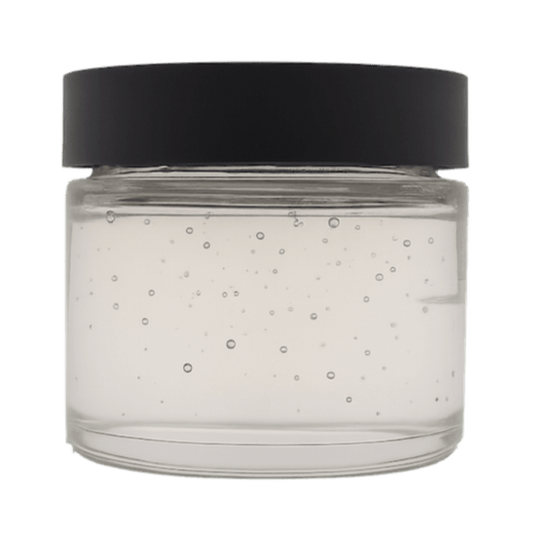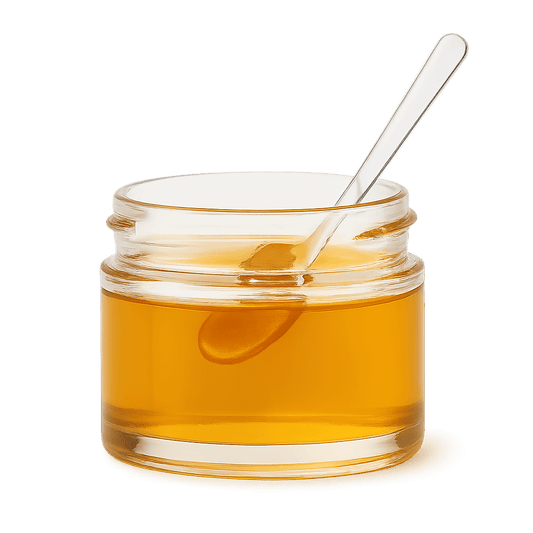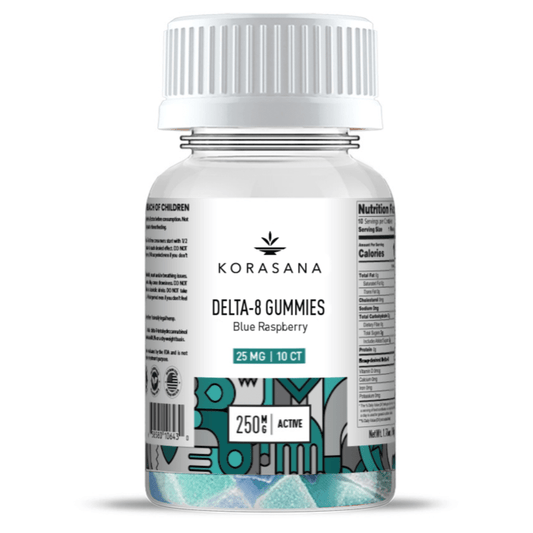Is Delta 8 THC Legal in Mississippi?
NO - Delta 8 THC is Not Legal in Mississippi
Delta 8 THC is not legal in Mississippi. Despite the 2018 Farm Bill federally legalizing hemp and hemp-derived products, Mississippi has introduced state laws that specifically make delta 8 illegal. This state legislation restricts the production, sale, and consumption of D8 THC within Mississippi.
Legal Status of Delta 8 THC in Mississippi
In Mississippi, the legal status of Delta 8 THC is dictated by state law, which categorizes it as a controlled substance, thus making its sale, possession, and use illegal. This position is outlined in the Mississippi Code, where Delta 8 THC is included in the list of controlled substances due to its psychoactive properties, similar to Delta 9 THC, the primary psychoactive component in marijuana.
Mississippi has not aligned its hemp-related laws entirely with the federal Farm Bill of 2018, which legalized hemp and hemp-derived compounds, excluding them from the definition of marijuana under federal law, provided they contain less than 0.3% Delta 9 THC on a dry weight basis. However, states have the authority to implement their regulations regarding hemp and hemp-derived products, leading to a patchwork of laws across the United States.
In Mississippi, the specific legal framework that addresses Delta-8 THC includes the Mississippi Controlled Substances Act, which classifies various substances and outlines the state's stance on their legality. While the state follows the federal definition of hemp, it has explicitly chosen to regulate Delta 8 differently, placing it under controlled substances.
This stance reflects a cautious approach towards psychoactive cannabinoids, emphasizing public health and safety concerns associated with their use. As a result, individuals and businesses in Mississippi must navigate these regulations carefully, ensuring compliance with state laws regarding Delta 8 THC, despite its legal status at the federal level due to the 2018 Farm Bill.
It's essential for residents and visitors to Mississippi to be aware of these state-specific regulations to avoid legal issues related to the possession, sale, or use of Delta 8 THC. This legal landscape highlights the complex interplay between federal and state laws concerning cannabis and hemp-derived products, underscoring the importance of staying informed about local regulations.
MS SENATE BILL 2725
SENATE BILL NO. 2725
SECTION 2. Definitions.
(d) “Delta-9-tetrahydrocannabinol” means the sum of the percentage by weight of tetrahydrocannabinol acid multiplied by eight hundred seventy-seven thousandths (0.877) plus the percentage by weight of delta-9-tetrahydrocannabinol.
(g) “Hemp” means the plant Cannabis sativa L. and any part of that plant, including the seeds thereof and all derivatives, extracts, cannabinoids, isomers, acids, salts, and salts of isomers, whether growing or not, with a delta-9-tetrahydrocannabinol (THC) concentration of not more than three-tenths percent (0.3%) on a dry weight basis that is grown or processed under Sections 1 through 11 of this act.
SECTION 13. Section 41-29-113, Mississippi Code of 1972, is amended as follows: 41-29-113.
SCHEDULE I
(d) Hallucinogenic substances. Unless specifically excepted or unless listed in another schedule, any material, compound, mixture or preparation which contains any quantity of the following substances, their salts, isomers (whether optical, positional, or geometric) and salts of isomers, whenever the existence of these salts, isomers and salts of isomers is possible within the specific chemical designation:
(23) (A) Marijuana (Hemp, as defined and regulated under Sections 1 through 11 of this act and Cannabidiol contained in a legend drug product approved by the Federal Food and Drug Administration or obtained under Section 41-29-136 * * *, are exempt under Schedule 1
(31) Tetrahydrocannabinols, meaning tetrahydrocannabinols contained in a plant of the genus Cannabis (cannabis plant), as well as the synthetic equivalents of the substances contained in the cannabis plant, or in the resinous extractives of such plant, and/or synthetic substances, derivatives, and their isomers with similar chemical structure and pharmacological activity to those substances contained in the plant such as the following:
(A) 1 cis or trans tetrahydrocannabinol;
(B) 6 cis or trans tetrahydrocannabinol;
(C) 3,4 cis or trans tetrahydrocannabinol.
(Since nomenclature of these substances is not internationally standardized, compounds of these structures, regardless of atomic positions, are covered.)
(“Tetrahydrocannabinols” excludes dronabinol and nabilone.)
The information provided on this website does not, and is not intended to, constitute legal advice or any statements regarding the status of any laws. The information, content, and materials present on this site are for general informational purposes only and should not be relied upon for any specific purpose. Laws vary across different states and are subject to change. Therefore, information on this website might not reflect the most recent legal or other developments. Read our full legal disclaimer HERE.






